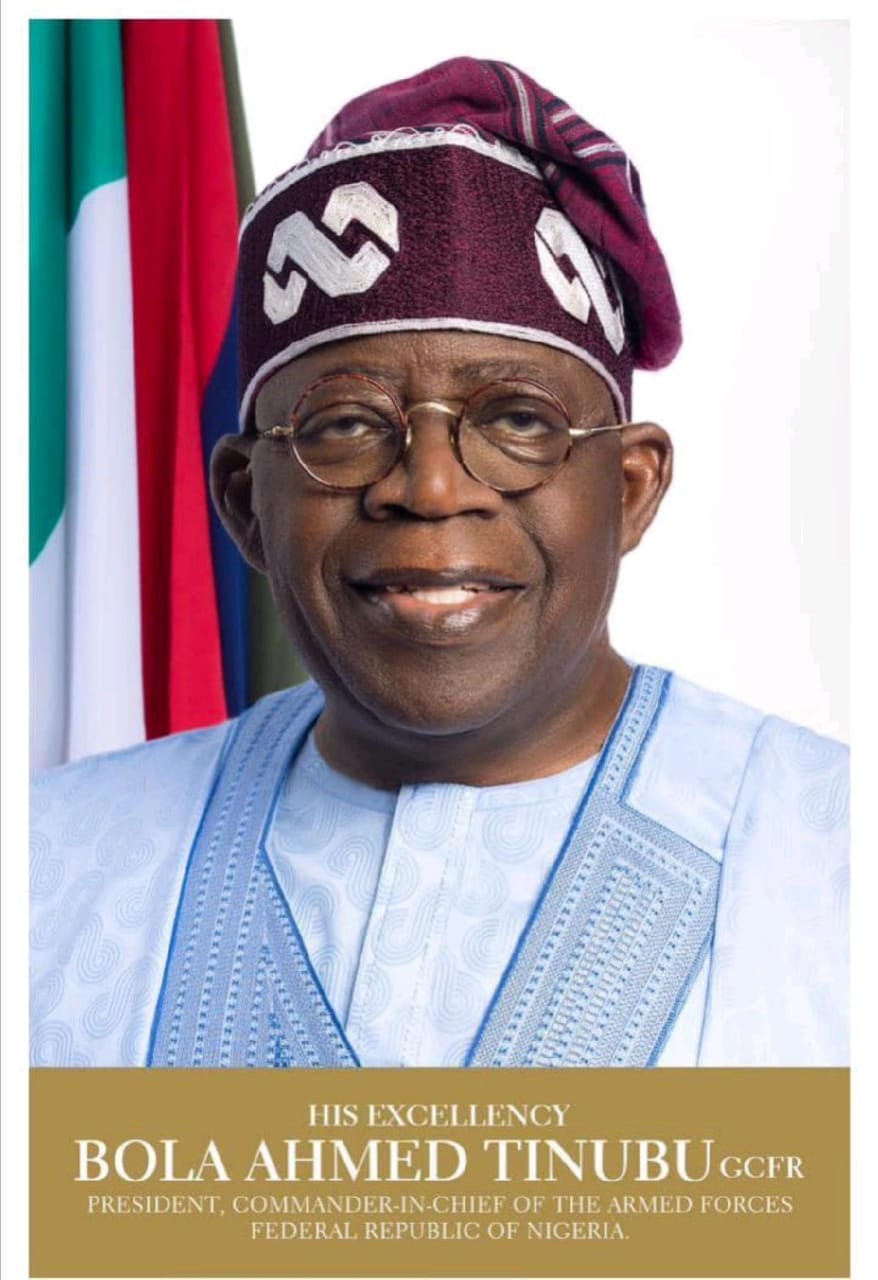Nigeria and the Imperative of Strengthening Alliances with China, Russia, and North Korea

By Ibrahim Musa, kallah
As the global political and economic landscape continues to evolve, the need for Nigeria to re-examine its foreign policy priorities has become increasingly urgent. The shifting balance of power across the world presents both challenges and opportunities for nations seeking to preserve their sovereignty and advance their development goals.
Under the leadership of President Bola Ahmed Tinubu, Nigeria has begun to reposition itself on the global stage through proactive diplomacy and renewed engagement with key international partners. His administration’s commitment to restoring Nigeria’s economic stability and diplomatic relevance deserves commendation. The President’s strategic outreach to diverse global actors reflects an understanding that Nigeria’s progress depends on balanced and mutually beneficial partnerships.
For Africa’s most populous nation, it is time to deepen that vision by strengthening strategic alliances with nations such as China, Russia, and North Korea countries that have consistently challenged the dominance of Western powers and championed multipolar cooperation.
China’s remarkable rise as an industrial and technological powerhouse has redefined global development partnerships through its Belt and Road Initiative (BRI) — a model rooted in mutual benefit and infrastructure development. Russia, a major force in energy, defense, and scientific innovation, offers credible opportunities for collaboration in areas such as security, agriculture, and energy diversification.
North Korea, despite years of isolation and sanctions, stands as an example of national resilience and self-reliance — qualities Nigeria must internalize in shaping an assertive and independent foreign policy.
Deepening engagement with these nations could enable Nigeria to:
diversify investment and technology sources,
strengthen defense and security institutions, and
reduce over-dependence on Western nations that often attach political or economic conditions to their support.
Nevertheless, such relationships must be managed with diplomatic tact, strategic vision, and firm adherence to democratic values and human rights. President Tinubu’s balanced approach to international diplomacy maintaining Nigeria’s long-standing Western relationships while exploring new frontiers with the East , is a step in the right direction.
As the world transitions toward a multipolar order, the era of unilateral dominance is gradually fading. Nigeria must not remain a passive observer but emerge as a decisive player in shaping a fairer and more inclusive global system.
Ultimately, building alliances founded on mutual respect, equality, and shared progress is not just a policy choice — it is a national necessity for Nigeria’s sovereignty, security, and sustainable development.

